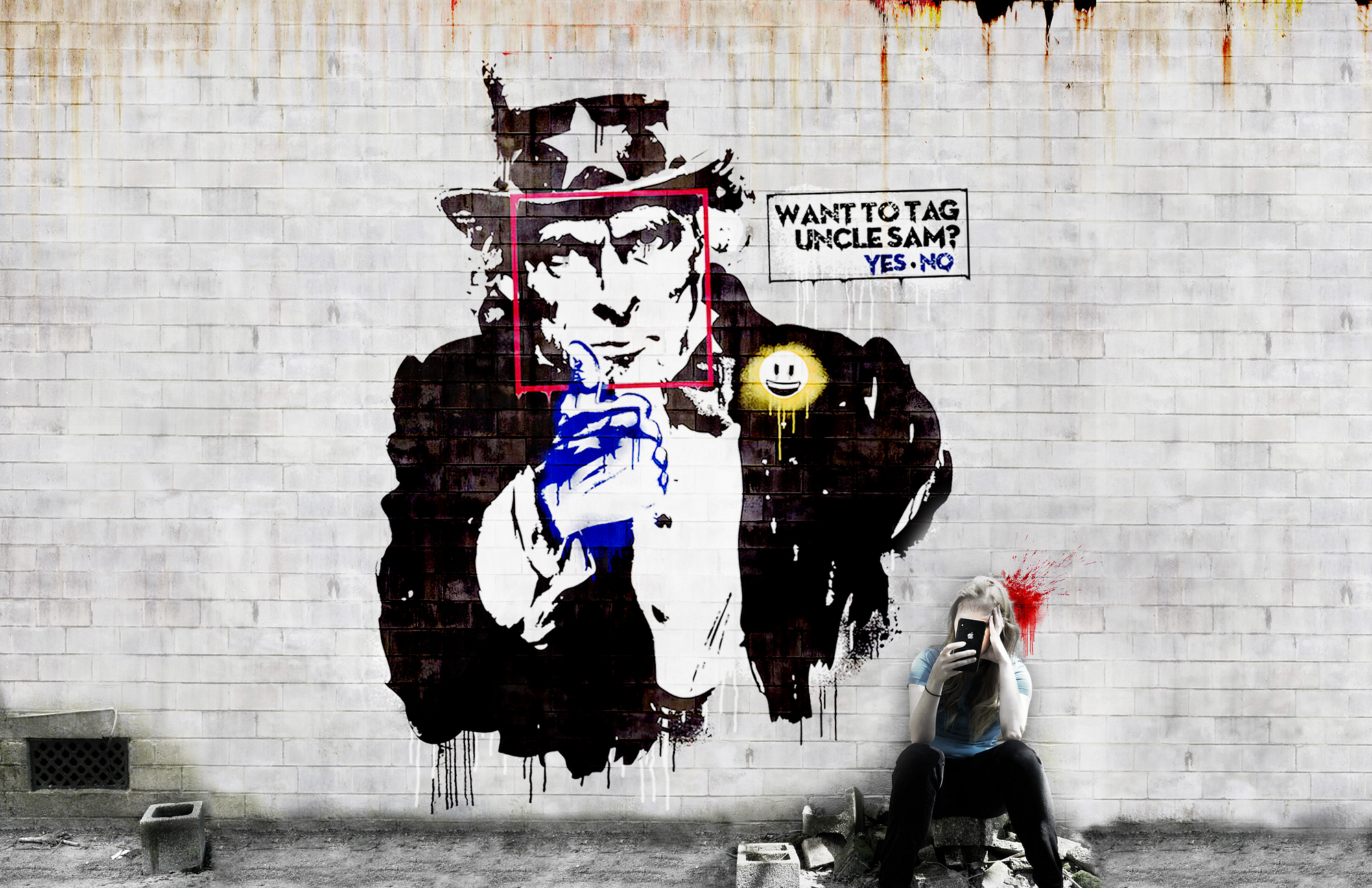
The name pseudonym productions first came onto our radar years ago with their production The Republic, which made its bow with a sold out run at the Orlando Fringe Festival. That show was styled as a “real-life video game,” that put players into a world based on the works of Plato in an 18,000 square foot warehouse.
They’ve been experimenting with the immersive format ever since, taking Sarah Elger and Ricky Brigante’s deep knowledge of theme park design — Sarah has been a designer both in-house and at design studios, Ricky is the founder and former of publisher of Inside The Magic — and applying it to the world of immersive.
Now they’re back with #NOFILTER, a six week mystery that will play out on social media and four cities this October. It’s another bold experiment from the pseudonym team, one that satirizes the nightmare that is social media.
We spoke with Elger and Brigante about the new project via email.
(Disclosure: Brigante not only has filed for us a few times, he’s also a co-admin of Everything Immersive and, yes, a friend.)
No Proscenium (NP): Okay you two, what the heck are you cooking up?
Sarah Elger (SE): #NOFILTER is our first step into the digital world. We’ve already successfully created multiple real-life experiences and now we want to see what that means as a digital experience. But it’s not just digital. We are working on ways to merge digital and physical experiences into one cohesive story. So we will have a digital experience that tells one story over the course of 6 weeks, starting October 2nd, and over the course of those weeks we will also have live “happenings” that are additional ways to become part of the story. Those will take place weekly in at least four major cities across the United States, in Florida, California, and New York. A big aspect of what we are doing at pseudonym is connecting people together in meaningful ways. We’ve done that in real life, now we want to connect people across different locations, letting them play together, whether online on in real life.
NP: So is this an alternate reality game (ARG)? A series of pop-up theatre pieces? A dessert topping? A floor wax?
SE: This is both — and yet neither. This is our version of taking a similar structure as what we’ve done in the past and turning it into a digital experience. We are asking ourselves the questions: How do we produce immersive / interactive theatre on a digital platform?
Ricky Brigante (RB): Fans of ARGs have come to have certain expectations. They’ve largely required some level of solving puzzles, decyphering encrypted messages, and discovering secret websites, with a big payoff at the end that is usually promotional in nature, leading to the launch of a movie, TV show, video game, or the like. We’re steering clear of all that, instead acting as storytellers in the same way that we do with live theatrical experiences — simply doing so online. We’ll have actors performing as characters in real-time, conversing with players and revealing new pieces of the story. While players will control their own actions, we as creators will still control the pacing, mood, feeling, and design of the experience, with the goal that every player gets an equally rewarding experience, not just a handful of super eager, hardcore participants.
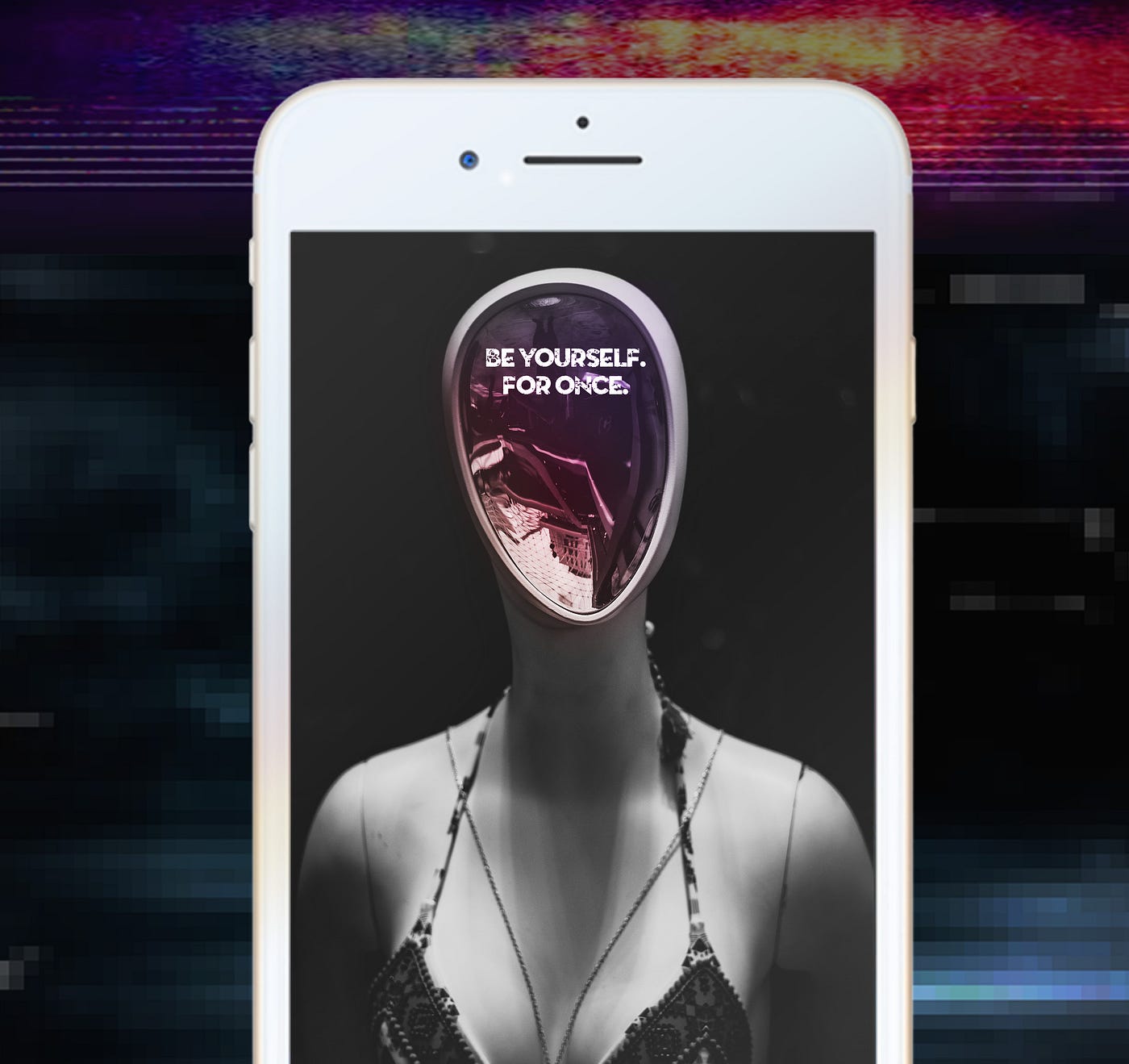
NP: Why this story now?
SE: Social media has become a huge part of millions of people’s lives and it is the foremost way people are connecting with each other — but people aren’t really connecting on social media. People are increasingly disingenous and fake online. There are endless news articles about how bad social media has become for people’s health and how it’s taking over people’s lives. This is our chance to offer commentary on the horrors of that. It’s the obvious choice for our first digital experience.
RB: Despite being designed to connect people to each other, social media has largely succeeded at making us feel enraged, jealous, exposed, lonely, and more isolated than ever. What was started as a way to stay in touch with friends and family has devolved into opportunities for companies and enterprising individuals to capitalize on stealing people’s attention — no matter the cost. So-called ‘influencers’ seemingly succeed at life by employing increasingly grandiose and shameful behavior as impossibly fake versions of themselves, all in the name of vanity and greed. Meanwhile, companies reward these fictional people, creating envy among followers who dream only to be like them — while simultaneously selling our privacy to the highest bidder. This is the biggest modern day horror story there is.
Get Noah J Nelson’s stories in your inbox
Join Medium for free to get updates from this writer.
SubscribeSubscribe
NP: How did your previous work prepare you for this project?
SE: We have created specific structures that drive our live experiences. We are taking our process in how we have told stories in those experiences and translating it into a digital experience so that players can not just experience it in one physical location as we have done in the past, but all over the country. Our goal is to connect people together in fun and meaningful ways, no matter where you live.
RB: We have likened our digital platform to a virtual version of the many warehouses we’ve called home in the past. We are still creating sets, writing scripts, designing interactions, and rehearsing with actors — except now the majority of the production will be experienced through digital devices, rather than in person.
NP: As you developed this work, what influences did you find yourself coming back to?
SE: We’ve attended incredible art exhibits and found people increasingly obsessed and focused on capturing perfect Instagram pictures of themselves rather than actually experiencing and absorbing the exhibit. We see people going places they don’t actually care about, but pretending they do because it looks good on camera. I’ve personally unfollowed so many people on my Facebook feed because I’ve found I don’t actually want to see what they’ve posted — not because I don’t like them, but because I see how fake they are being online. The recent movie Eighth Grade delightfully portrayed how there are so many people online who desperately want followers and viewers and likes, but are getting none and feeling worse about themselves as a result. Social media is truly isolating us. It’s one thing to read an article about how bad social media is, but it’s another to actually experience it. And that’s a big part of what Pseudonym does — we create experiences that have impact and hopefully drive you to think for yourself and actually feel the importance of what you may otherwise just read.
RB: We sat on a plane recently across from two girls who literally spent the entire flight primping themselves, fluffing their hair, doing and redoing their makeup, all so they could endlessly take a stream of selfies for the one perfect shot to post once we landed. They literally took hundreds of photos of themselves just sitting there. Social media has turned us all into performers, amassing an audience of meaningless so-called followers that we seek approval from. It’s truly sad.
NP: What’s been the biggest challenge so far?
SE: This is our first primarily digital experience. Taking our live storytelling format and turning that into a digital platform that can resonate and be as emotionally affective is a huge challenge — but one we are really enjoying. It is challenges like this that keeps us pushing.
RB: The Internet is a vast place with endless possibilities. It’s hard to keep the creativity logistically in check when there are so many opportunities for satire online. We have to keep reminding ourselves that we aren’t literally creating a new social network, just emulating and exaggerating the horrors of all of them.
NP: What do you hope participants take away from the experience?
SE: I want people to rethink how they can use social media. I don’t think social media will ever go away, nor should it. It’s great to connect with people all over the world. But Facebook, Twitter, Instagram, Snapchat… they are attempts at a solution, but they are not the solution. We want what’s next to be helpful to people in a healthy way. We want people to behave in ways on social media that aren’t harmful to themselves or to others.
RB: We are in a sense creating our own ‘social media’ by offering a way for people to connect with each other online in a better way while engaging with this experience. Who knows, maybe #NOFILTER will inadvertantly become the world’s next big social network.
#NOFILTER begins on October 2; sign up on the pseudonym productions site to find out more.
NoPro is a labor of love made possible by:

…and our generous Patreon backers: join them today!
In addition to the No Proscenium web site, our podcast, and our newsletters, you can find NoPro on Twitter, Facebook, YouTube, Instagram, in the Facebook community Everything Immersive, and on our Slack forum.



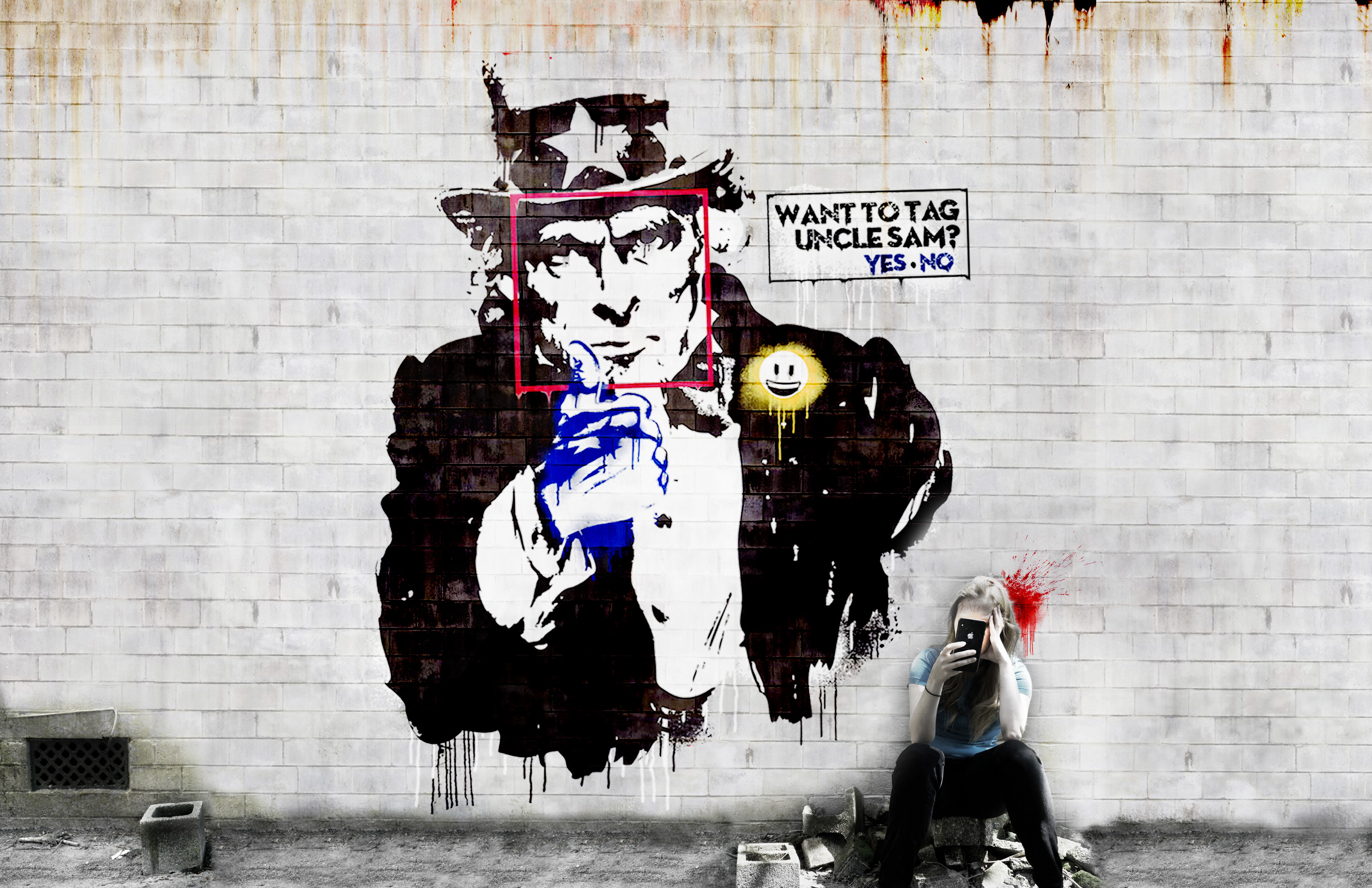
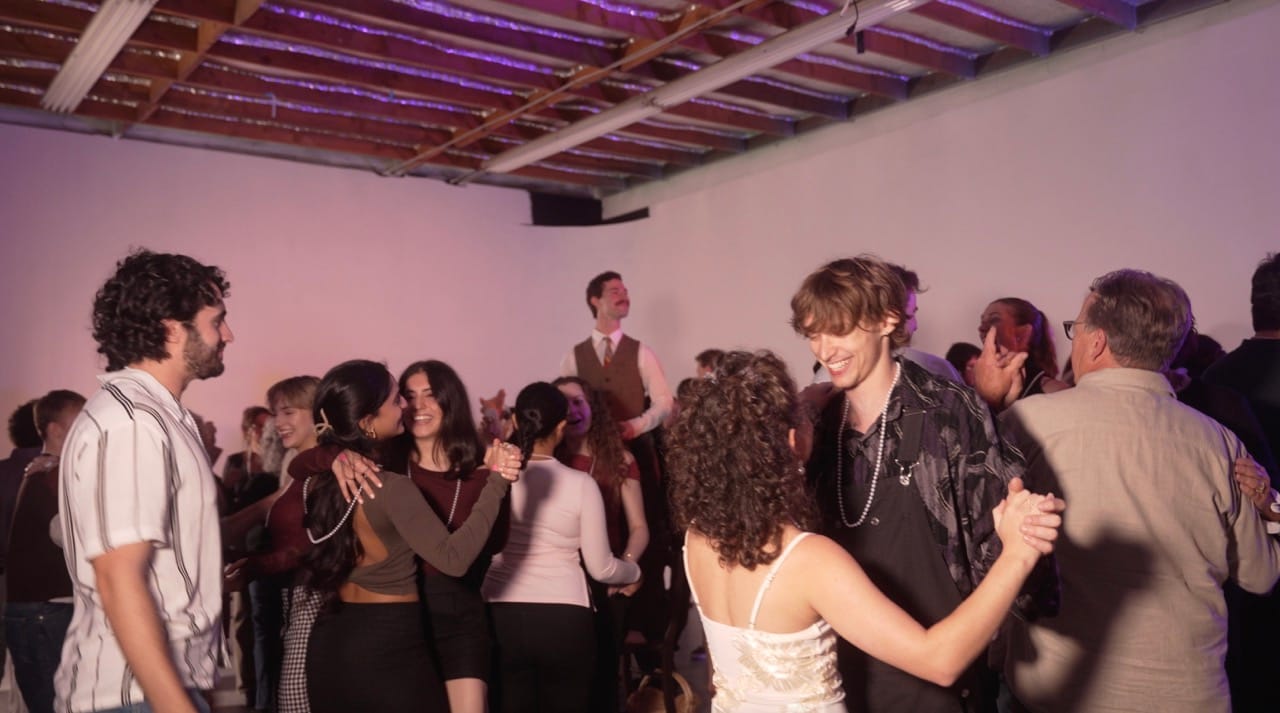
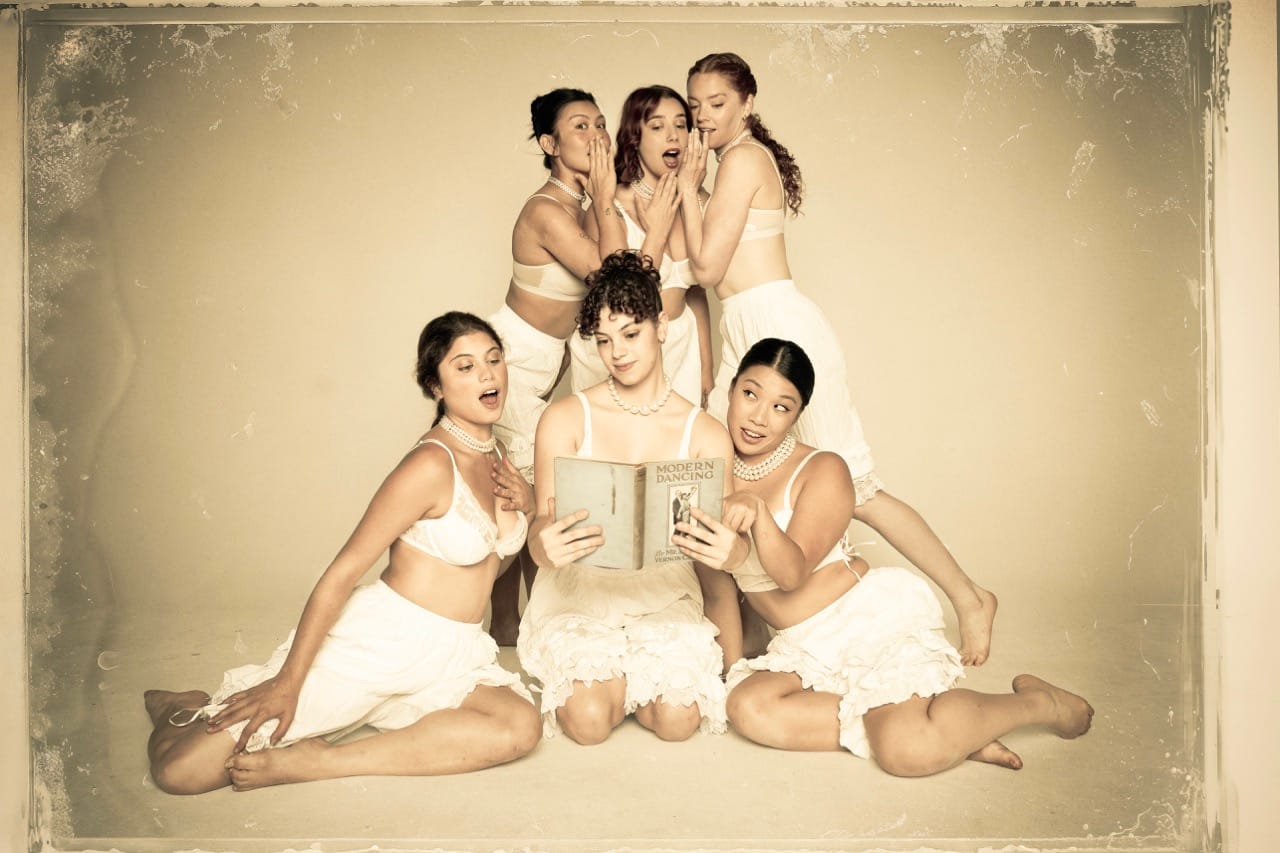

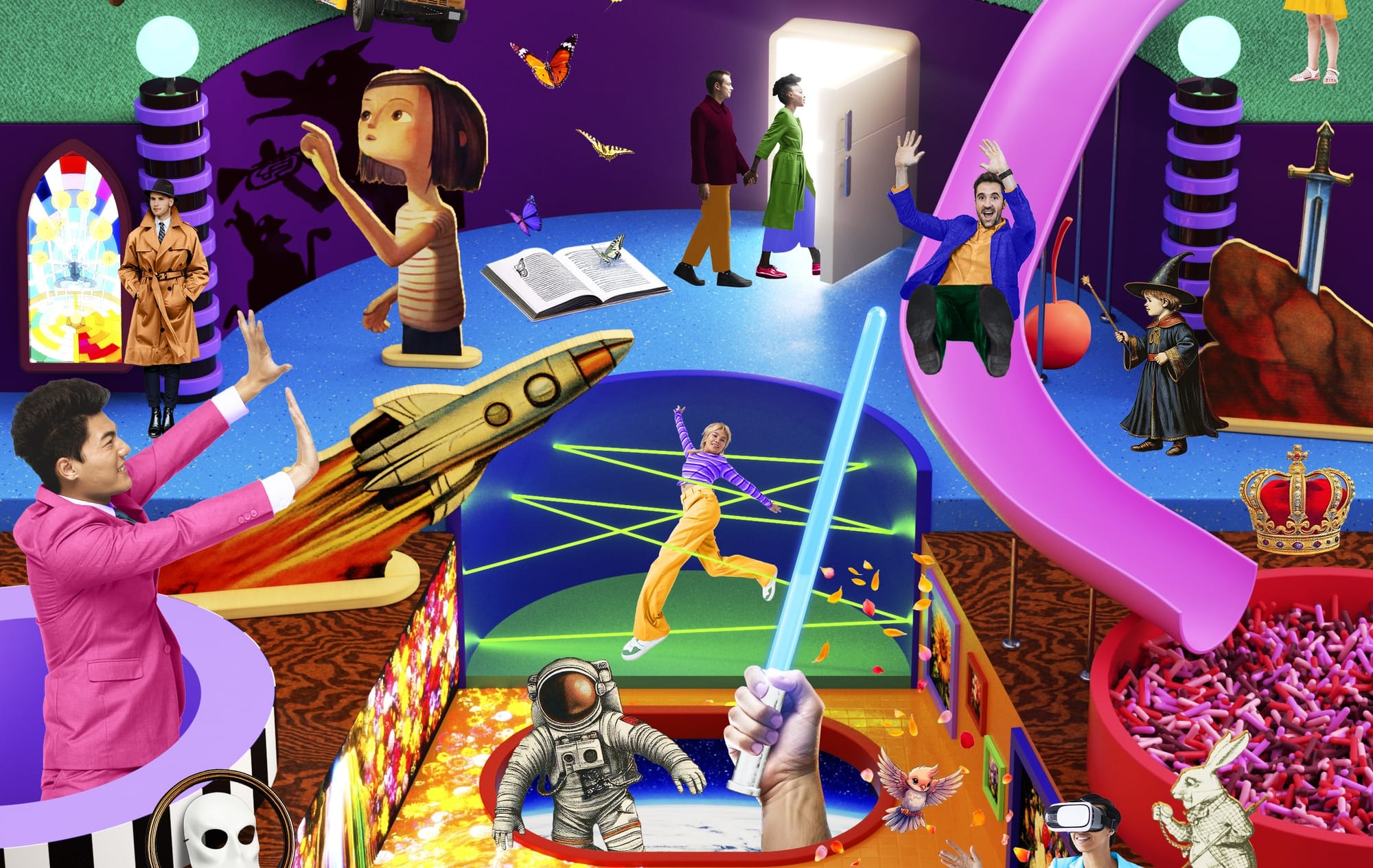
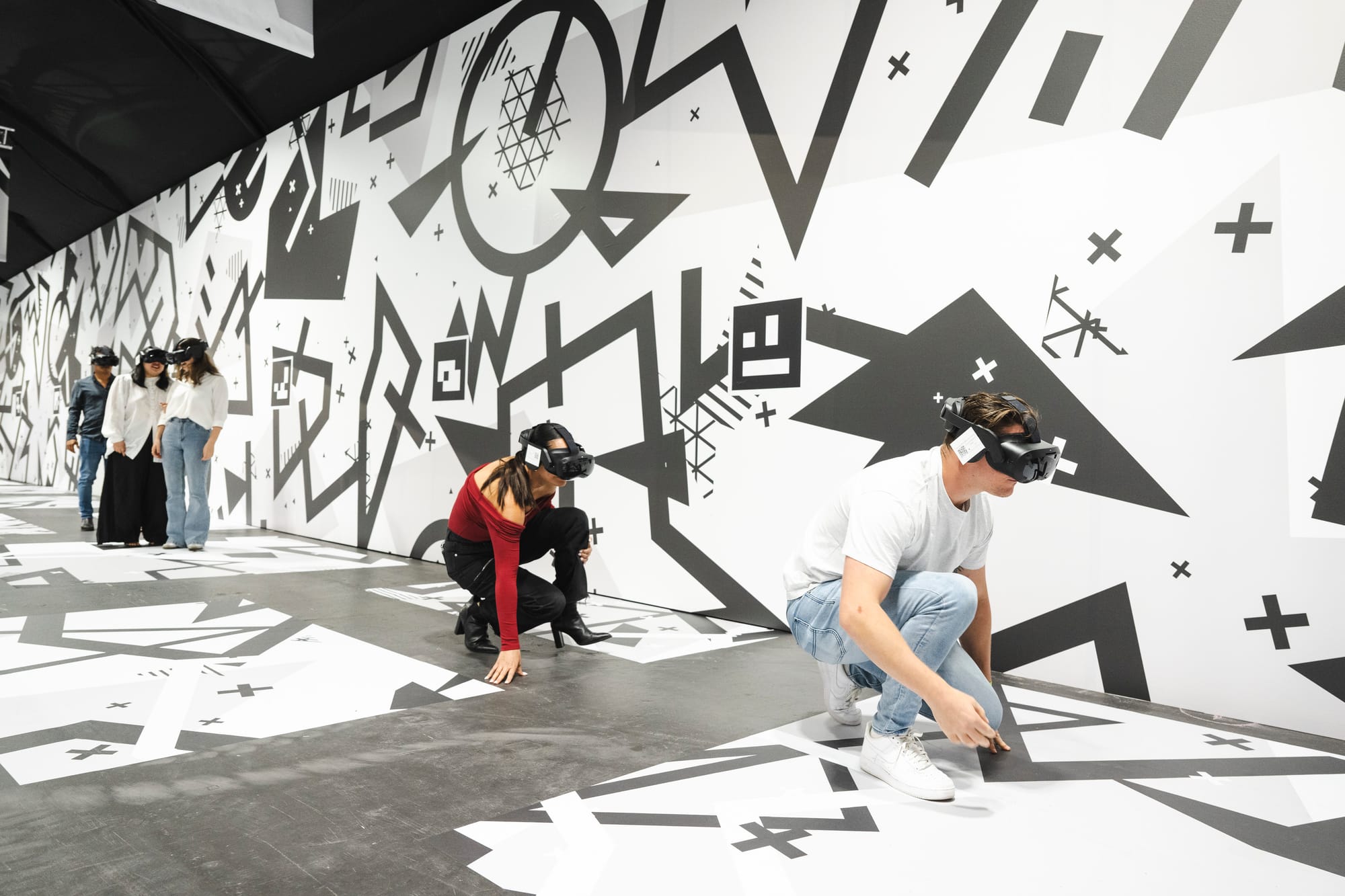

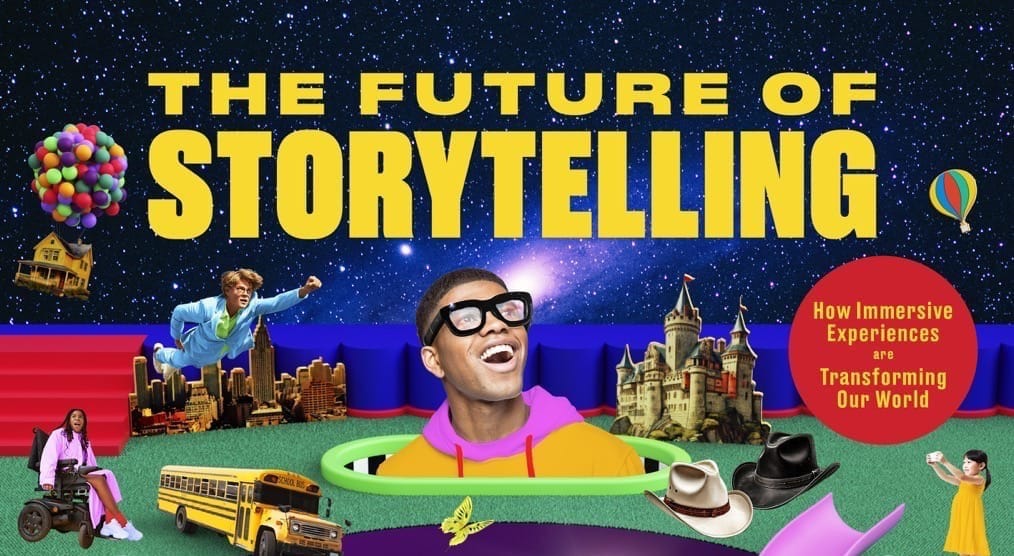

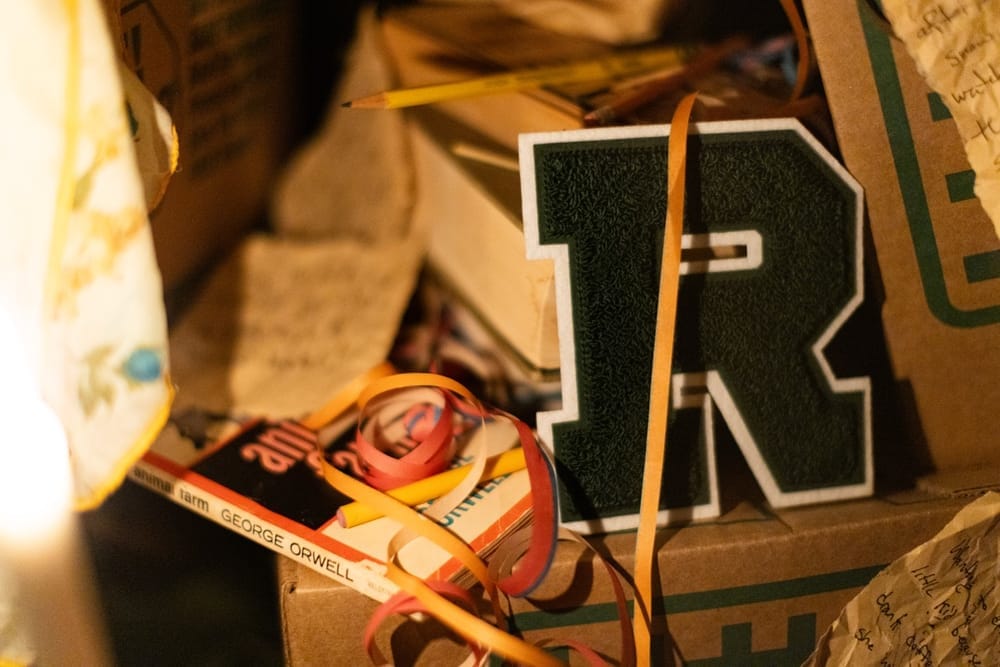

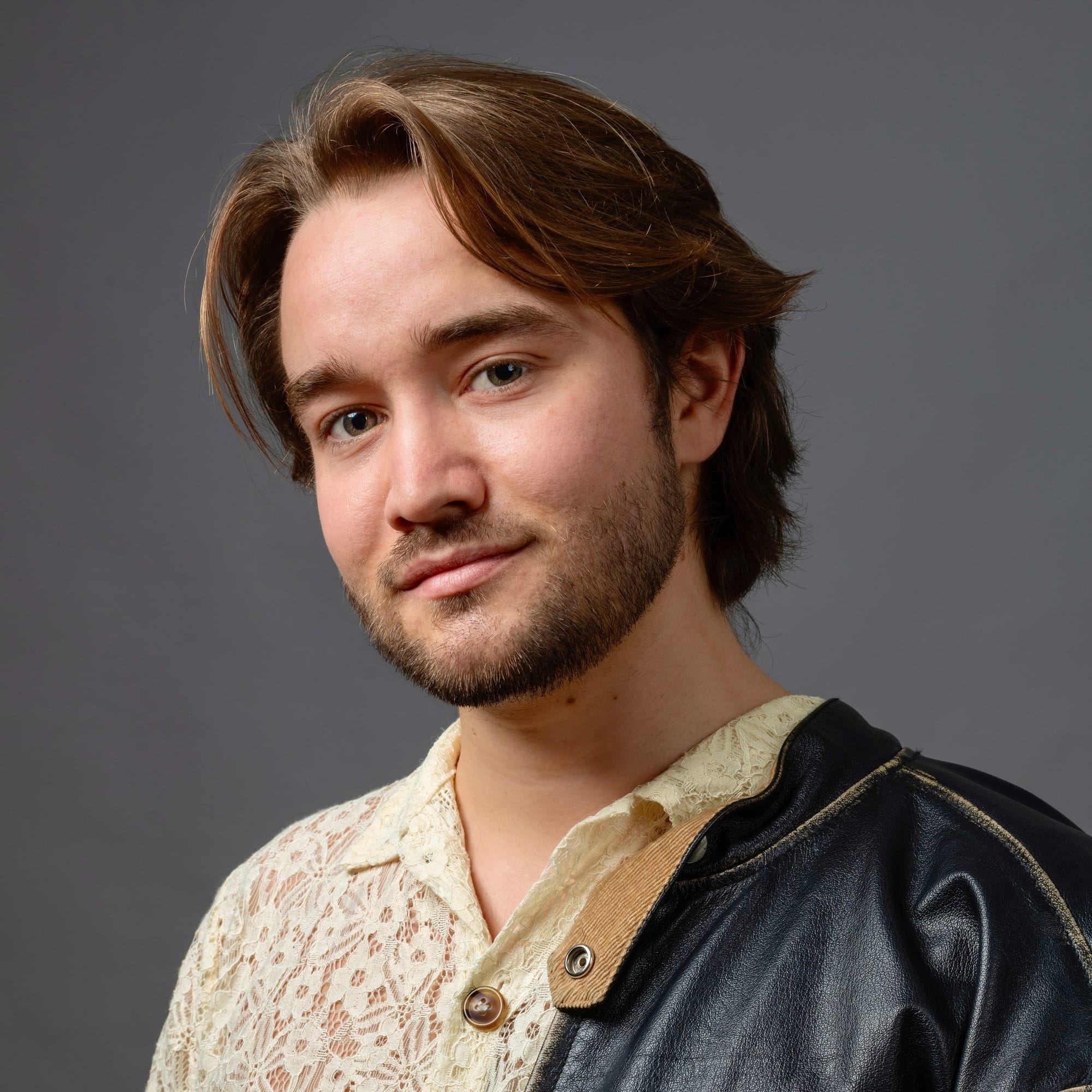
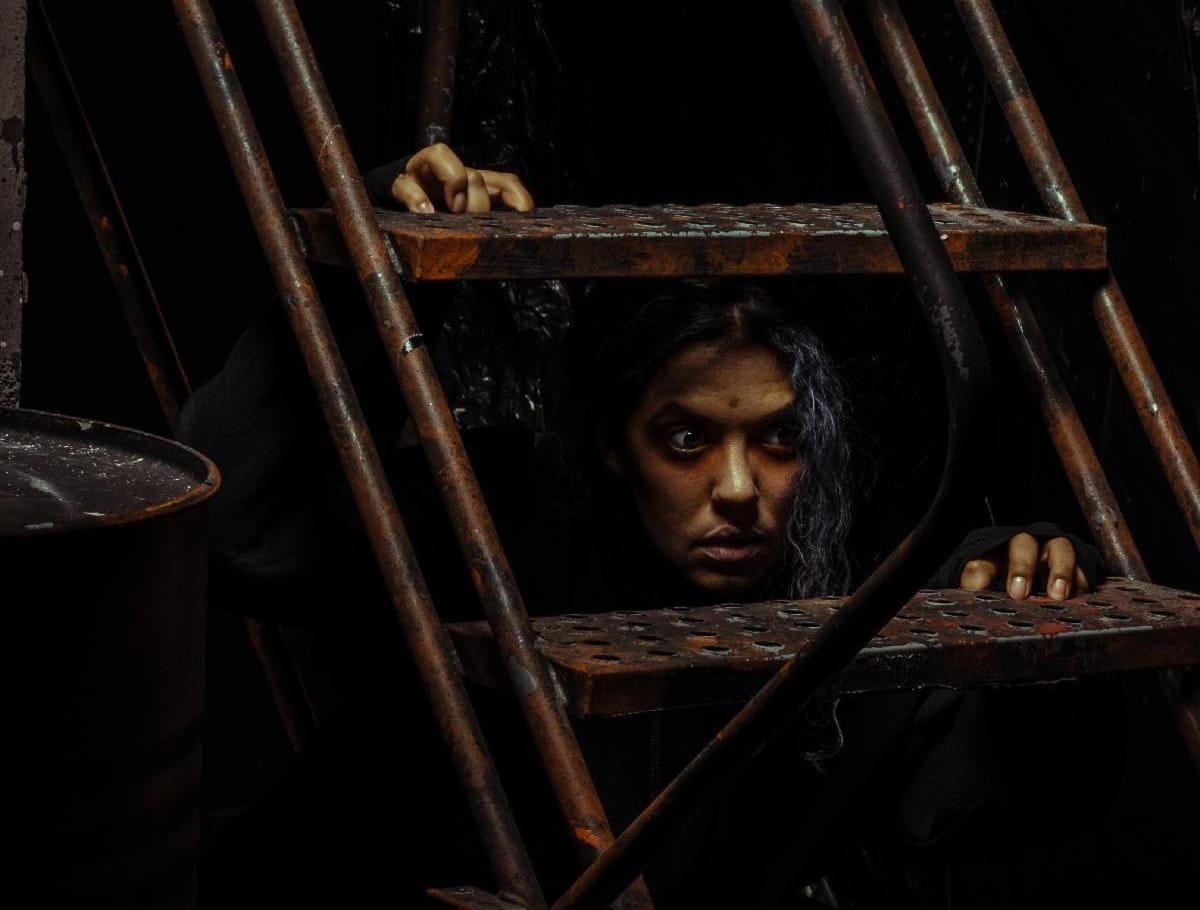
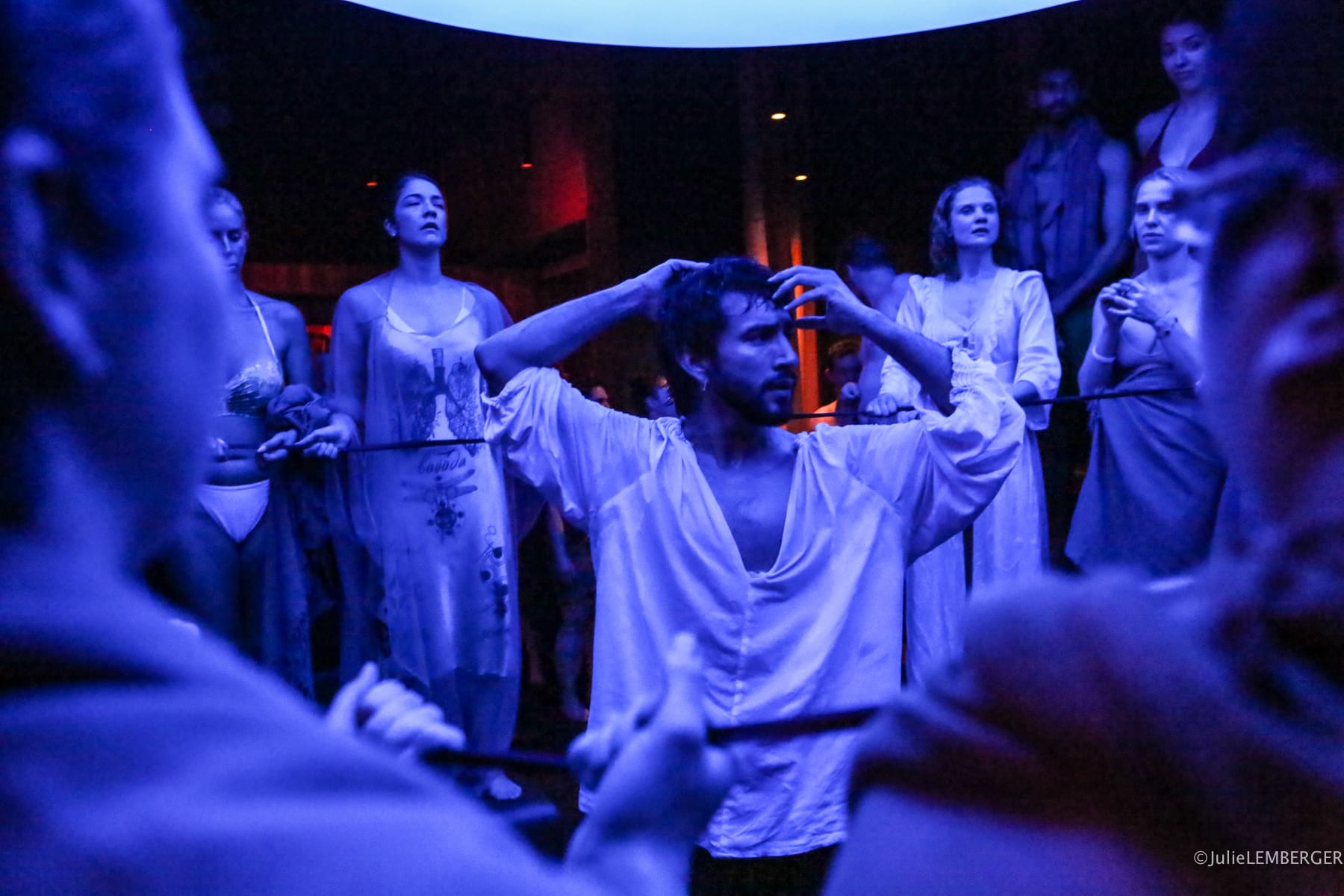
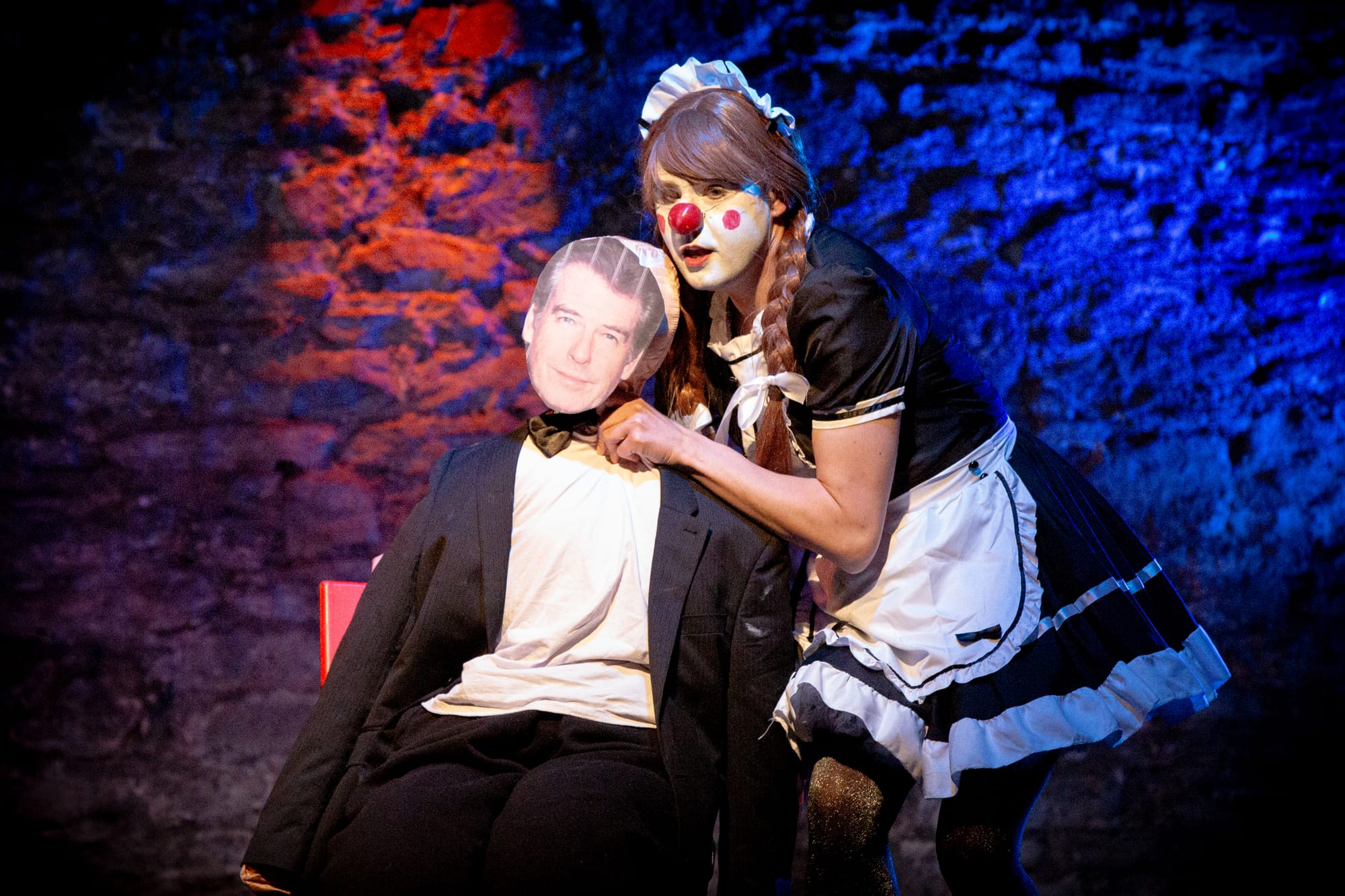
Discussion